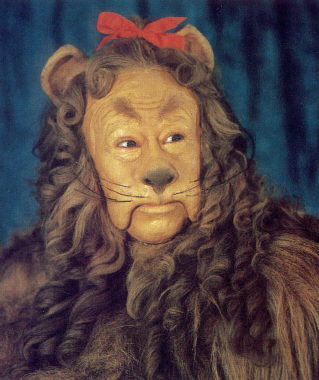 Google the words “leadership” and “courage” and you’ll get 10,500,000 search results. Clearly, it’s a hot topic. If you’re a leader, it’s likely that you don’t think of yourself as particularly brave— that description seems reserved for heroic acts, like saving someone’s life, right? But, it appears that perhaps you have more going for you in the bravery department than you think.
Google the words “leadership” and “courage” and you’ll get 10,500,000 search results. Clearly, it’s a hot topic. If you’re a leader, it’s likely that you don’t think of yourself as particularly brave— that description seems reserved for heroic acts, like saving someone’s life, right? But, it appears that perhaps you have more going for you in the bravery department than you think.
So what, exactly, is courage? According to a New York Times article this week, science is getting ever-closer to defining the biochemistry behind what makes some creatures “fearless” and what makes others well, cowardly.
Early research into the topic over forty years ago by Stanley J. Rachman of the University of British Columbia, revealed three types of people:
- The Fearless. They lacked excessive amount of the “flight or flight response” and were able to do “scary” things fairly easily.
- The Handwringers. Excessive focus on their fear prevented them from doing anything.
- The “Do It Anyways”. These people feel physiological fear like the Handwringers, but yet somehow find the fortitude to do what the Fearless do.
Dr. Rachman called the “Do It Anyways” people in his research the ones with the courage, defining courage as “[a] behavioral approach in spite of the experience of fear.”
Mostly likely, you’ve interacted with all three types of leaders. Fearlessness may be admired in your company, but if it turns into recklessness, then it’s a problem. There’s no benefit to handwringing; it only prolongs the agony. And, leaders who just suck it up and do it anyway—yes, I think they are heroes.
Which type of leader are you?
Leave a Reply